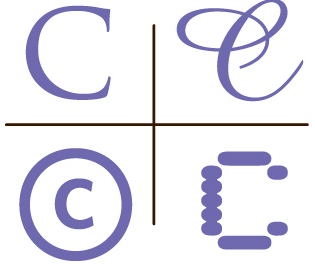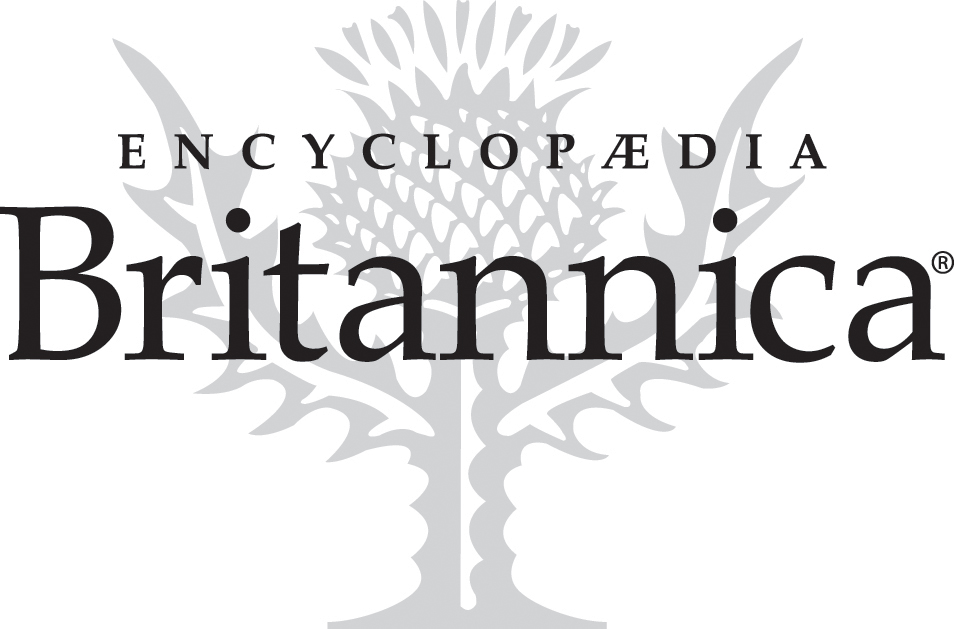Credo Reference
 Articles from dictionaries, general and subject encyclopedias, handbooks, atlases, and more.
Articles from dictionaries, general and subject encyclopedias, handbooks, atlases, and more.
Britannica Academic (Encyclopedia Britannica)
 Online version of the Encyclopaedia Britannica with brief overviews of most topics.
Online version of the Encyclopaedia Britannica with brief overviews of most topics.
Salem History
 Ebook encyclopedias on history topics from Salem Press including primary documents, important events and eras, and more.
Ebook encyclopedias on history topics from Salem Press including primary documents, important events and eras, and more.
Gale eBooks
 Selected dictionaries, encyclopedias, and reference books in many subjects.
Selected dictionaries, encyclopedias, and reference books in many subjects.
 Articles from dictionaries, general and subject encyclopedias, handbooks, atlases, and more.
Articles from dictionaries, general and subject encyclopedias, handbooks, atlases, and more. Britannica Academic (Encyclopedia Britannica)
 Online version of the Encyclopaedia Britannica with brief overviews of most topics.
Online version of the Encyclopaedia Britannica with brief overviews of most topics. Salem History
 Ebook encyclopedias on history topics from Salem Press including primary documents, important events and eras, and more.
Ebook encyclopedias on history topics from Salem Press including primary documents, important events and eras, and more. Gale eBooks
 Selected dictionaries, encyclopedias, and reference books in many subjects.
Selected dictionaries, encyclopedias, and reference books in many subjects.
Find Articles
ProQuest News & Newspapers
Academic Search Complete (EBSCOhost)
Articles in all subjects from scholarly journals, magazines, and newspapers. An all-purpose database and often a good place to start.
All Library Databases by Subject/Type
All of the library's online collections, organized by subject or type.
Find Books
Book Search
ProQuest News & Newspapers
Academic Search Complete (EBSCOhost)
Articles in all subjects from scholarly journals, magazines, and newspapers. An all-purpose database and often a good place to start.
All Library Databases by Subject/Type
All of the library's online collections, organized by subject or type.
Find Books
Book Search
Book Search searches the listing of books and ebooks available at the Normandale Library.
Note: Book Search results include both online ebooks and paper books available for pickup at the library. Follow these instructions to request a paper book (PDF) be held for pickup.
Research is a process. You probably won’t find everything you need on the first try. You may have to try several of these databases and search options mentioned above to find all the information you need.
The following resources cover using keywords and evaluating sources for credibility.
Choosing and Using Keywords
The following resources cover using keywords and evaluating sources for credibility.
Choosing and Using Keywords
Evaluate each source you use with CAPPS!
Consider the source's –
Consider the source's –
C = Currency
A = Author
P = Publication
P = Point of View
S = Sources
More info about CAPPS A = Author
P = Publication
P = Point of View
S = Sources

Call, e-mail, or chat with a librarian for more research assistance. We're happy to help!
(952) 358-8290
Email
 David Vrieze Daniels
David Vrieze DanielsReference and Instruction Librarian
david.vriezedaniels@normandale.edu
Note: Your chat question may be directed to a librarian from another college when Normandale librarians are unavailable.
Online Library Access Info
To access databases and other Library resources, login with your StarID and password when prompted. Access is only available to current Normandale students and employees.
To access databases and other Library resources, login with your StarID and password when prompted. Access is only available to current Normandale students and employees.
MLA Quick Guide (PDF)
See MLA citation examples for the most common types of sources (9th edition).
APA Quick Guide (PDF)
See APA citation examples for the most common types of sources (7th edition).
See MLA citation examples for the most common types of sources (9th edition).
APA Quick Guide (PDF)
See APA citation examples for the most common types of sources (7th edition).
In the same way that you cite courses for a paper, you should cite your sources when speaking in public. Since you can't hand your audience a bibiliogrpahy after your speech, you will need to give credit to your source while speaking.
If you are directly quoting one of your sources, or more generally using words, information, or ideas that come from one of your sources, you must give an oral citation. If you are able, inlude additional information that helps to establish the credibility of your source, such as an author's experience and credentials, or the impact of a book or journal.
Your citation should inlude:
Author
Title (book, journal/magazine, web site, etc.)
Date (a website might only have the last date that it was updated rather than a publication date- that is ok)
Examples:
Noriko Osami, in her article from the March 21, 2018 of the premier science journal Nature defines...
In his James Beard Award-winning essay for food journalism, Mayukh Sen described...
On the page about Corn facts dated 2018, the Minnesota Corn Grower's Association's map of corn production totals shows...
If you are directly quoting one of your sources, or more generally using words, information, or ideas that come from one of your sources, you must give an oral citation. If you are able, inlude additional information that helps to establish the credibility of your source, such as an author's experience and credentials, or the impact of a book or journal.
Your citation should inlude:
Author
Title (book, journal/magazine, web site, etc.)
Date (a website might only have the last date that it was updated rather than a publication date- that is ok)
Examples:
Noriko Osami, in her article from the March 21, 2018 of the premier science journal Nature defines...
In his James Beard Award-winning essay for food journalism, Mayukh Sen described...
On the page about Corn facts dated 2018, the Minnesota Corn Grower's Association's map of corn production totals shows...